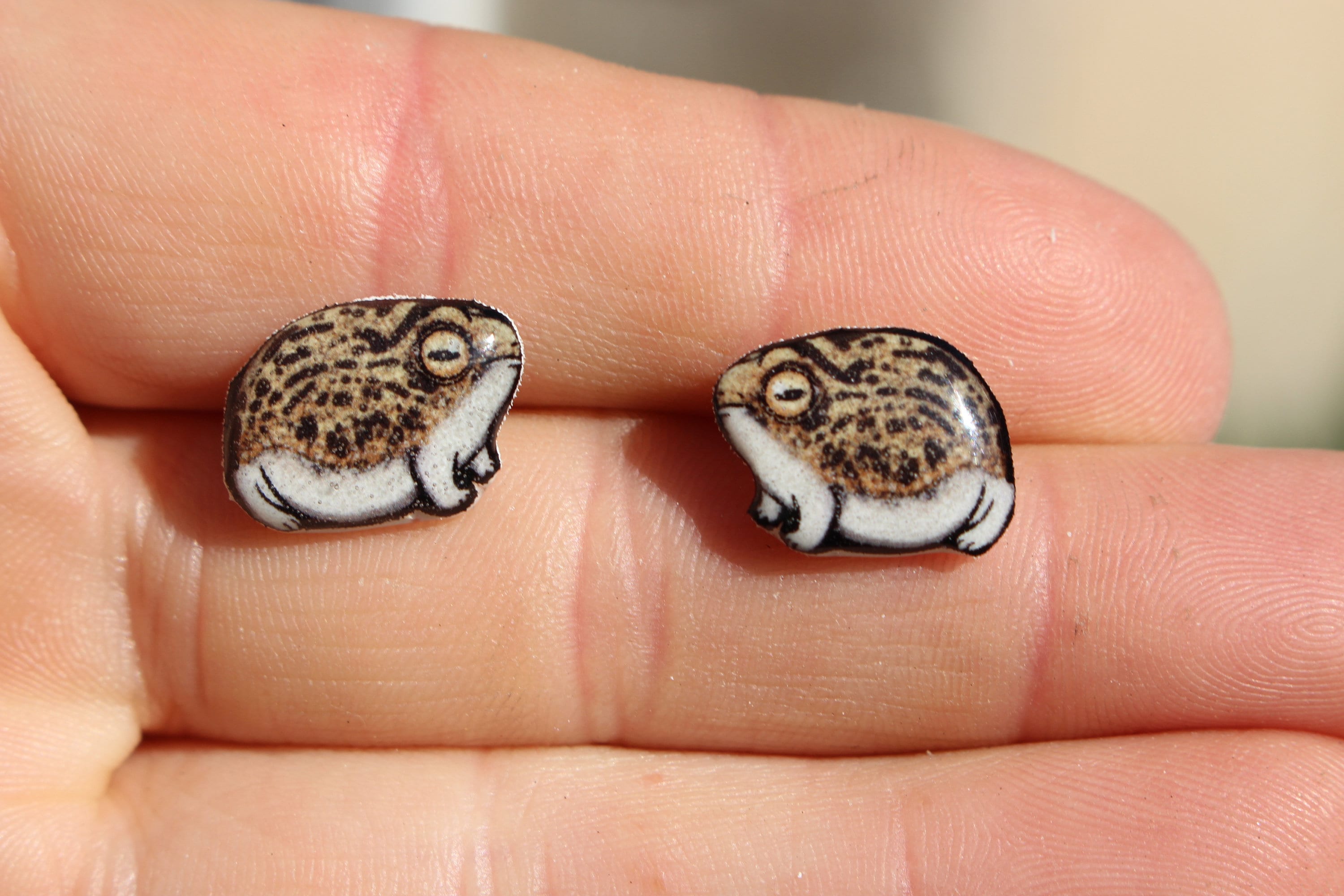Common Health Issues in Reptiles: Symptoms and Solutions
In the detailed world of reptile treatment, recognizing the usual health and wellness problems that may impact these distinct creatures is critical in ensuring their well-being. From respiratory infections that can silently hold to metabolic bone conditions that can cripple, reptiles are susceptible to a variety of conditions that call for eager monitoring and timely treatment. Whether it's grappling with parasitical problems, browsing dehydration worries, or attending to skin conditions that manifest in subtle means, being attuned to the symptoms and outfitted with the expertise of efficient solutions is important for any reptile proprietor. By delving further right into the nuances of these wellness problems and checking out the useful solutions offered, one can protect the health and vigor of these fascinating animals.
Respiratory System Infections
Respiratory infections in reptiles can dramatically affect their overall health and require prompt focus from seasoned veterinarians. These infections are commonly triggered by viruses, fungis, or bacteria and can materialize via signs and symptoms such as wheezing, nasal discharge, open-mouth breathing, and lethargy. In reptiles, respiratory system infections can be particularly testing to identify and treat due to their distinct composition and physiology. Veterinarians typically count on a combination of checkups, analysis imaging, and laboratory tests to accurately identify the underlying root cause of the infection.
Treatment for breathing infections in reptiles normally entails a mix of supportive treatment, such as preserving proper humidity levels and temperature gradients in the enclosure, as well as targeted medicine to resolve the specific microorganism in charge of the infection. It is vital for reptile proprietors to check their family pets closely for any type of indications of respiratory system distress and seek veterinary care at the earliest indication of a concern. With prompt intervention and proper therapy, several reptiles can recoup fully from respiratory system infections and return to typical tasks.

Metabolic Bone Condition
What aspects contribute to the growth of Metabolic Bone Disease in reptiles?
Metabolic Bone Disease (MBD) in reptiles is largely triggered by an absence of proper calcium, phosphorus, and vitamin D3 degrees in their diet. When reptiles do not receive sufficient calcium, either through their food or appropriate UVB direct exposure for vitamin D3 synthesis, they are at a high risk of developing MBD. Reptiles with diet regimens low in calcium or imbalanced calcium to phosphorus ratios are specifically at risk. Additionally, insufficient exposure to UVB light protects against reptiles from synthesizing vitamin D3, which is important for calcium absorption and bone health and wellness.
Other adding elements to MBD include improper temperature level slopes within the reptile's habitat, causing reduced metabolism and impaired calcium absorption. Insufficient humidity degrees can additionally influence a reptile's capability to metabolize calcium successfully. Additionally, particular reptile types have certain dietary requirements that, otherwise fulfilled, can raise the chance of developing MBD. Normal veterinary examinations, appropriate husbandry practices, and a well balanced diet regimen are vital to avoid Metabolic Bone Disease in reptiles.
Parasitic Problems
Parasitical invasions pose a substantial wellness danger to reptiles, influencing their general health and requiring prompt veterinary interest. Reptiles can be influenced by numerous bloodsuckers, including termites, ticks, internal worms, and protozoa. These bloodsuckers can visit site cause a variety of signs, such as weight management, lethargy, skin inflammation, looseness of the bowels, and even fatality if left unattended.
One typical bloodsucker found in reptiles is the mite, which can create skin anemia, anxiety, and irritability. Ticks are another outside bloodsucker that find can send diseases and trigger pain to the reptile. Interior parasites like worms and protozoa can cause digestive system issues, malnutrition, and deteriorate the reptile's immune system.
To diagnose a parasitical problem, a veterinarian may carry out fecal tests, skin scrapings, or blood examinations. Treatment often involves deworming medications, antiparasitic baths, or in serious situations, hospitalization. Preventative measures such as routine veterinary check-ups, proper health, and quarantine treatments for new reptiles can assist reduce the danger of parasitic invasions and guarantee the health of reptile pet dogs.
Dehydration and Hydration Issues
Dehydration in reptiles can substantially affect their wellness and health, demanding prompt intervention and appropriate hydration administration. Reptiles are susceptible to dehydration due to various elements such as poor water consumption, high ecological temperatures, and particular health and wellness conditions. Signs of dehydration in reptiles include sunken eyes, sleepiness, loss of skin flexibility, and decreased urination. If left untreated, dehydration can cause severe health and wellness issues and also be fatal to the reptile.
To stop dehydration, reptile owners should make certain that their animals have accessibility to clean water at all times. The water meal should be big enough for the reptile to saturate in if required, especially for varieties that take in water via their skin. Additionally, preserving appropriate humidity degrees in the reptile's enclosure and giving routine bathrooms can aid prevent dehydration.
In instances of dehydration, it is essential to look for vet care immediately. A vet may carry out liquids either by mouth or via shots to rehydrate the reptile. It is important to resolve the underlying root cause of dehydration to stop recurrence and make certain the reptile's overall wellness.
Skin Ailments

Verdict

Breathing infections in reptiles can substantially impact their total health and call for punctual attention from seasoned veterinarians (rain frog for sale). Preventative measures such as normal veterinary exams, proper health, and quarantine treatments for new reptiles can assist decrease the danger of parasitical infestations and make sure the well-being of reptile pet dogs
If left neglected, dehydration can lead to significant health problems and also be fatal to the reptile.
Regularly evaluating your reptile for any changes in skin shade, look, or appearance can help in very early discovery and treatment of skin conditions, advertising the total health and health of read this article your flaky companion. - rain frog for sale
In final thought, reptiles are prone to numerous health issues such as respiratory infections, metabolic bone disease, parasitical infestations, dehydration, and skin ailments.